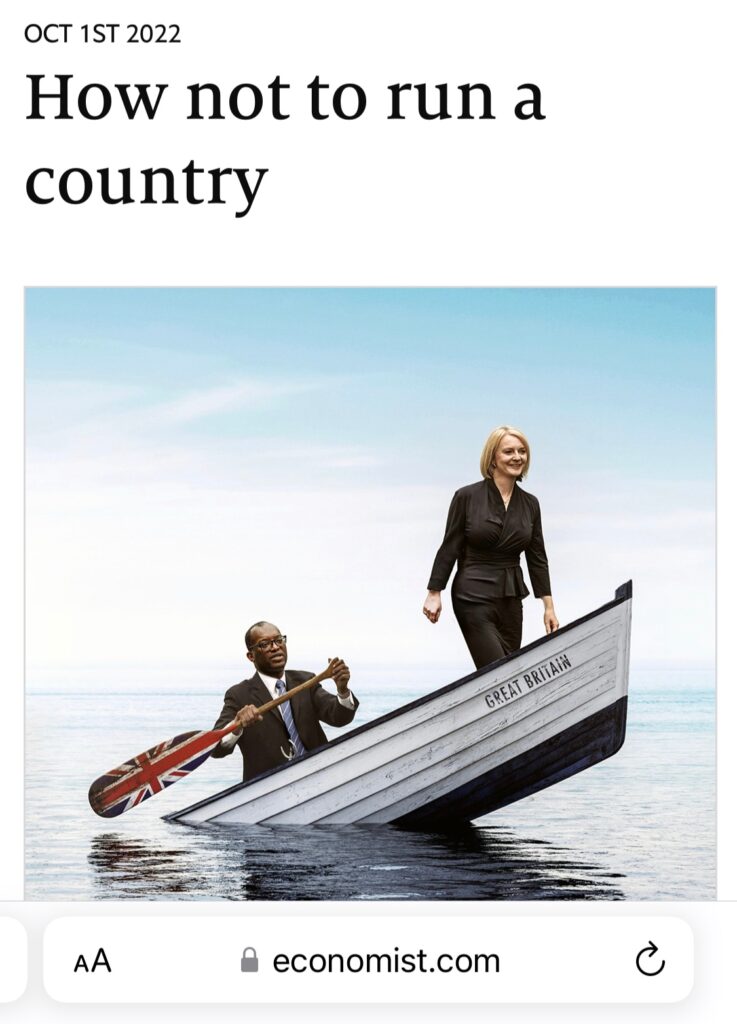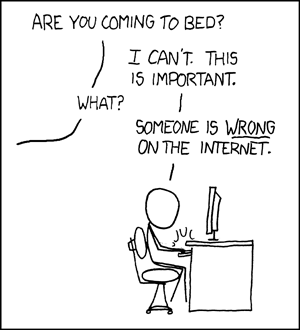The stones of Ruskin
For forty years I’ve had an ambition to visit Brantwood, John Ruskin’s house on the shores of Coniston Water, and a couple of weeks ago I achieved it!
Brantwood is big but not grand, and exceedingly interesting because of what it reveals about its owner. I’ve been interested in Ruskin ever since I made my first visit to Venice and read his Stones of Venice, but I hadn’t appreciated what a polymath he was, how wide his interests were and what a powerful influence he was on Victorian life and thought.
The house is set in a 250-acre estate which is threaded with paths designed by Ruskin to make different kinds of botanical and topographic points. We walked the path that circles the estate and leads up to the crag at the top with its sensational views of the lake below and the ‘Old Man’ peak that looms above it. All in all, a wonderful day out. Highly recommended.
The odd thing about the ‘Lake District’
As regular readers know, I recently had an enjoyable holiday in the Lake District, where we rented a house on the nice (i.e. quiet) side of Windermere. But I made the mistake on the blog of referring to “Lake Windermere” — which prompted a nice rebuke from James Cridland (‘mere’ means ‘lake’ so ‘Lake Windermere’ is a tautology), and a dish of humble pie for me.
But it also prompted other nice messages. Quentin, for instance, wrote that,
Enjoyed your comment about Lakes this morning; I remember now (but had forgotten) learning as a child that there is only one lake in the Lake District: Bassenthwaite. All of the others are meres, waters, tarns…
And it prompted a nice story from Keith Devlin:
“When we were first living in Lancaster in the late 1970s, we had 3-story, Edwardian, terraced house, and took an overseas visitor to the top floor to see the view. “You can see The Lakes from here,” I said as we entered the room. The visitor paused, and said, “All I can see are mountains.”
Which indeed was the case.
Quote of the Day
”England still stands outside Europe. Europe’s voiceless tremors do not reach her. Europe is apart, and England is not of her flesh and body.”
- John Maynard Keynes in The Economic Consequences of the Peace
Keynes was writing in 1919. Nothing much changes.
Musical alternative to the morning’s radio news
Xavier Boderiou | Uilleann Pipes | The Plains Of Boyle (Hornpipe)
Brief, but lovely.
Long Read of the Day
A concrete vision of the liberal democratic future
If we want a better future, then we need to have an idea of what we would want it to be like. This long, long essay by Noah Smith
It seems that the essay was prompted by watching an interview with, of all people, Peter Thiel — Silicon Valley’s idea of an intellectual.
The other day, I saw a very interesting interview segment with the investor and conservative political activist Peter Thiel. In it, he says that the future has to be a tangible thing in order for people to embrace it, and that — as things stand right now — the only tangible futures that have been put forward are Chinese techno-totalitarianism, Islamism, and West Europe style environmentalism.
Smith doesn’t pretend to have all the answers.
Key pieces of the liberal democratic future vision remain to be filled in, and doing so will be a difficult and fraught process. Not everyone will be happy with the result, either. But it’s something we need to do, or we will leave the future to the people with darker, more dramatic visions that are sure to lead to nowhere good.
I agree, which is why I liked the essay. Hope you do too.
Lest we forget
I came on this tweet by Seb Schmoller yesterday.
The thread is here. It was Seb who first alerted me to Stolpersteine. Since then, whenever I’ve come on them in European cities, I pause to read and try to imagine what they mean. Seb’s thread includes a photograph of those outside the house where his grandparents lived.
This Blog is also available as a daily email. If you think that might suit you better, why not subscribe? One email a day, Monday through Friday, delivered to your inbox. It’s free, and you can always unsubscribe if you conclude your inbox is full enough already!




